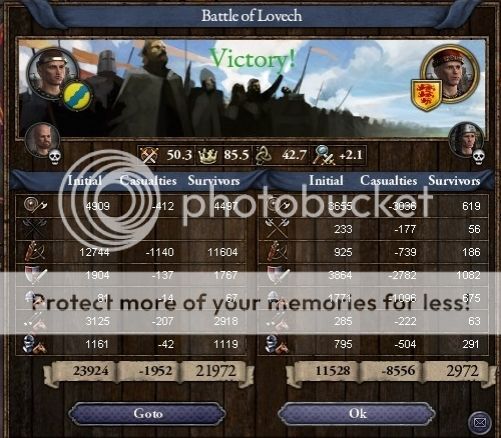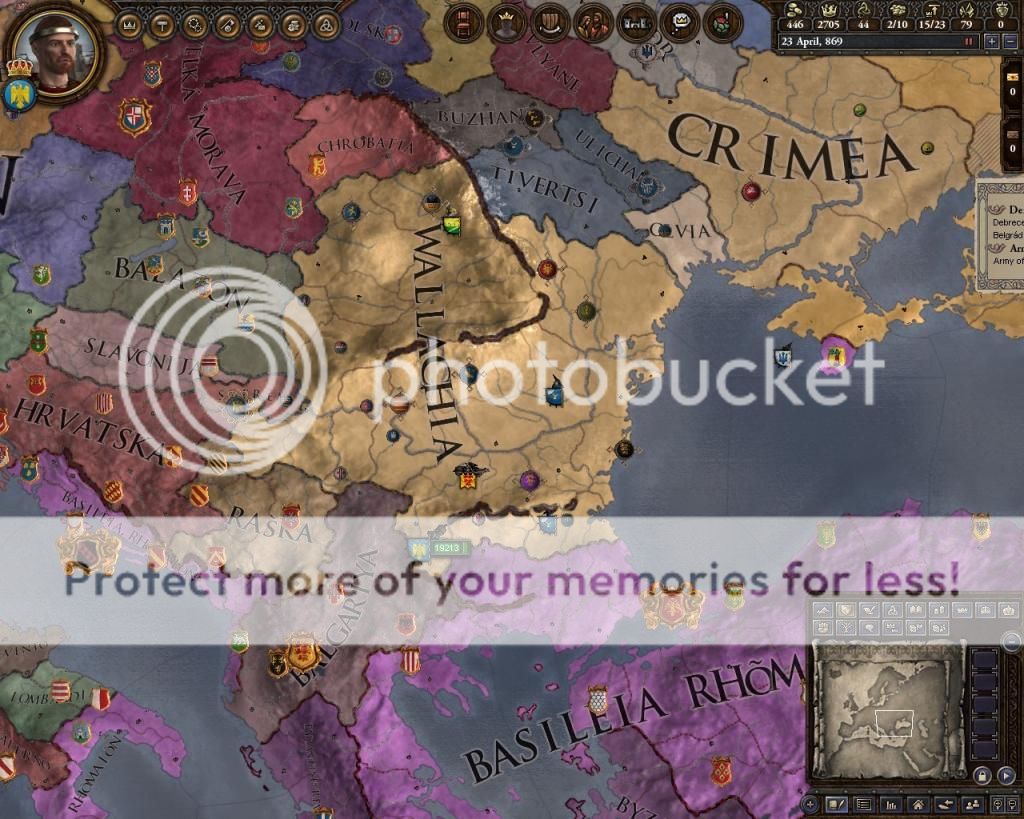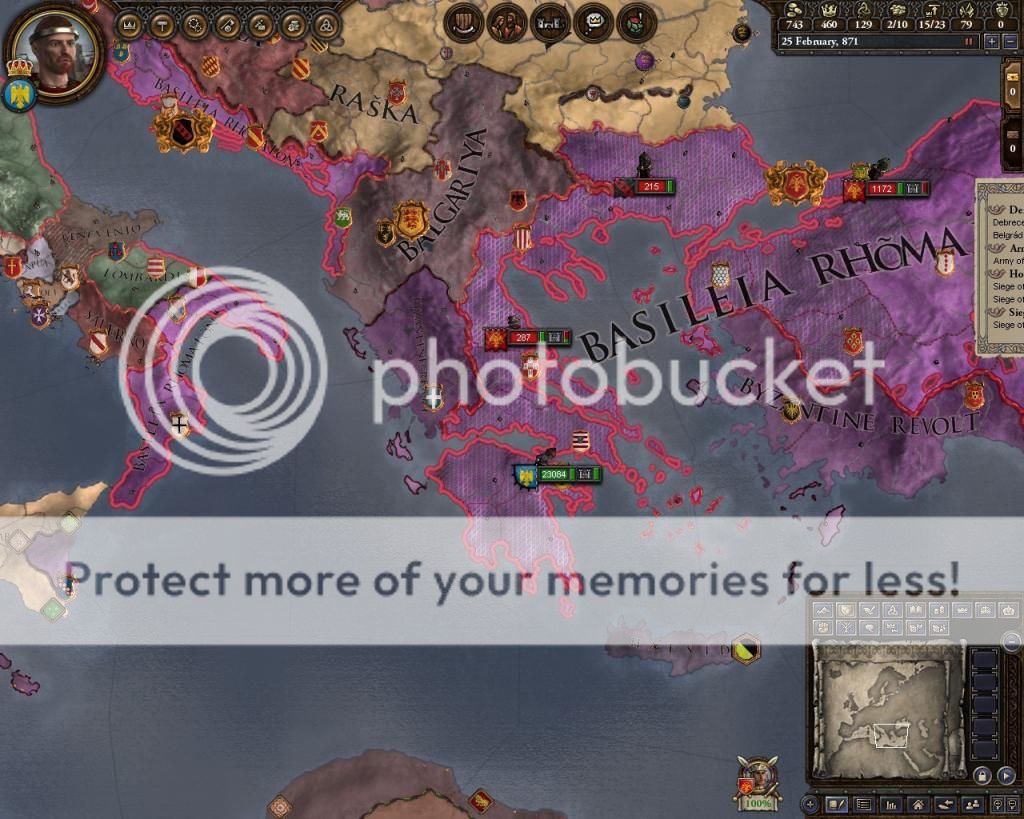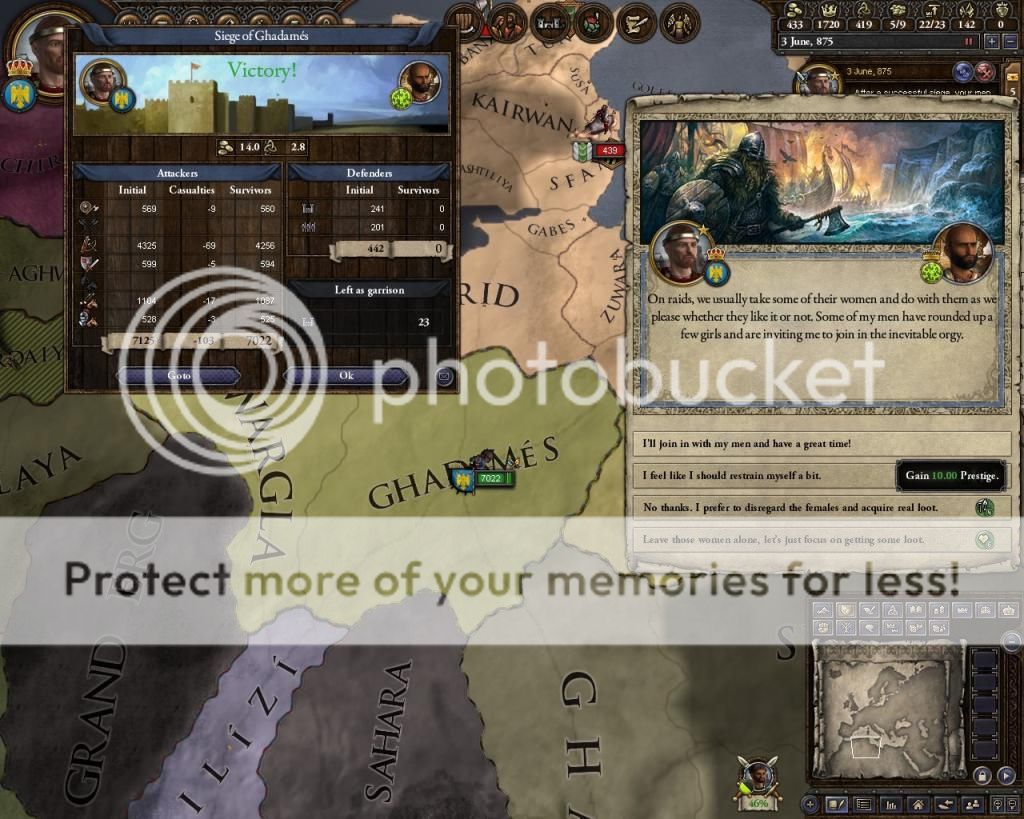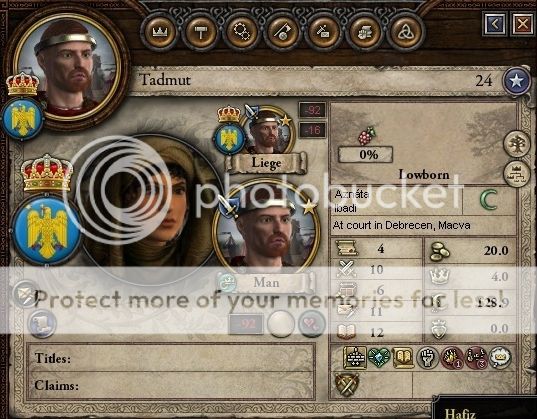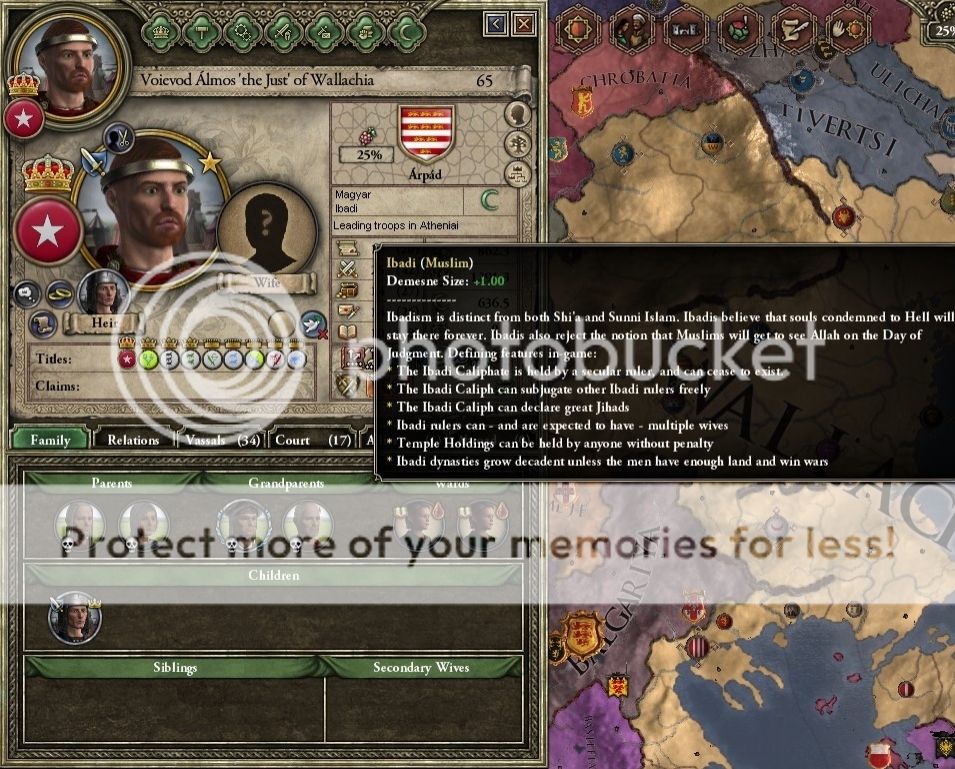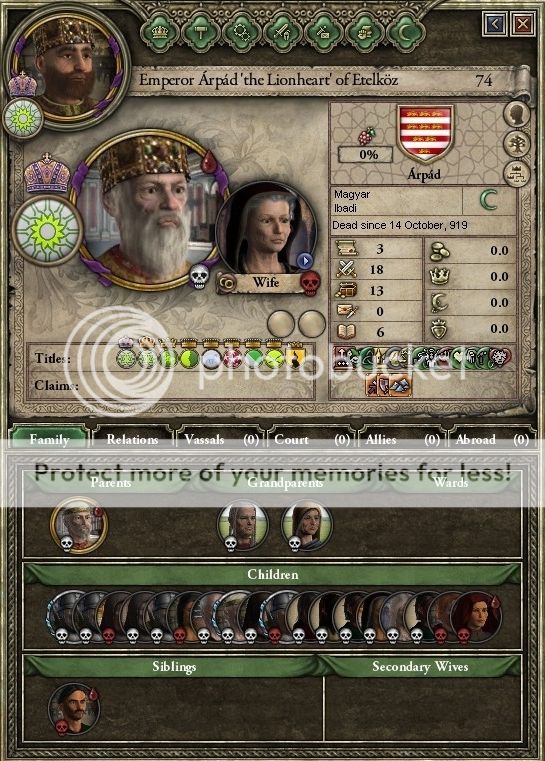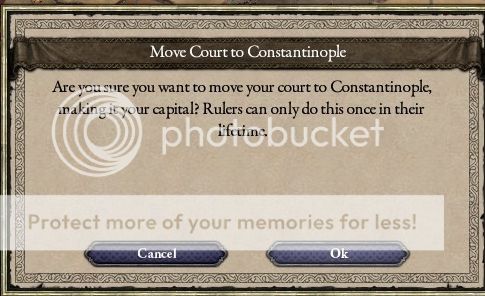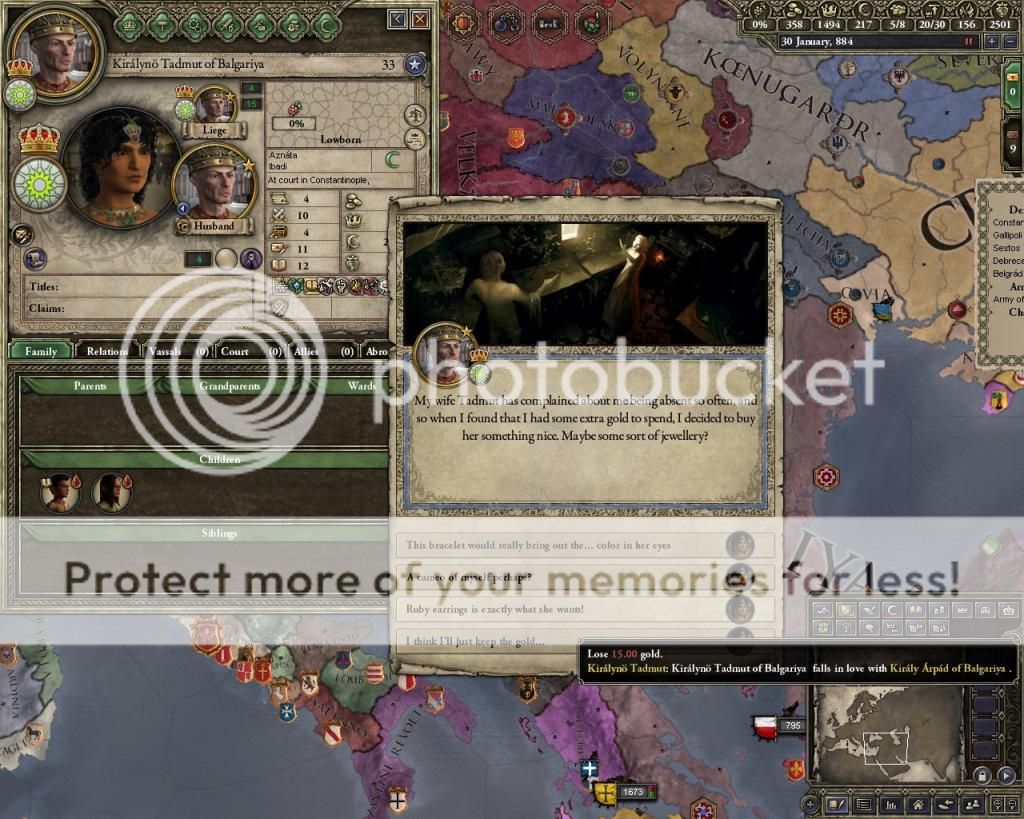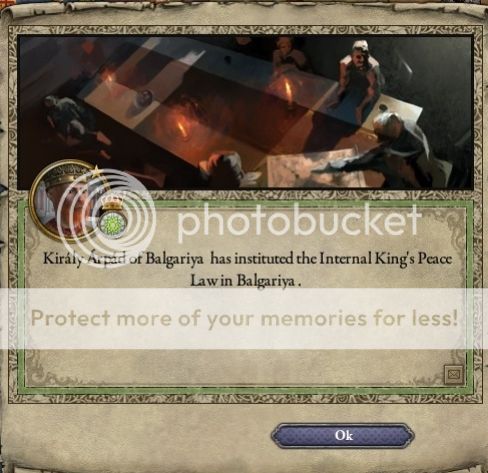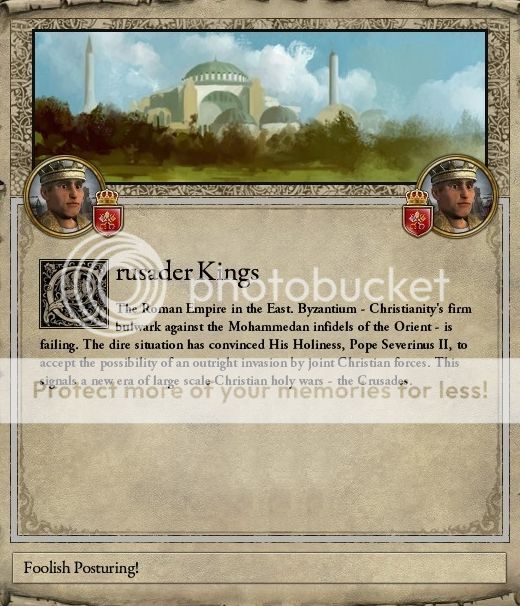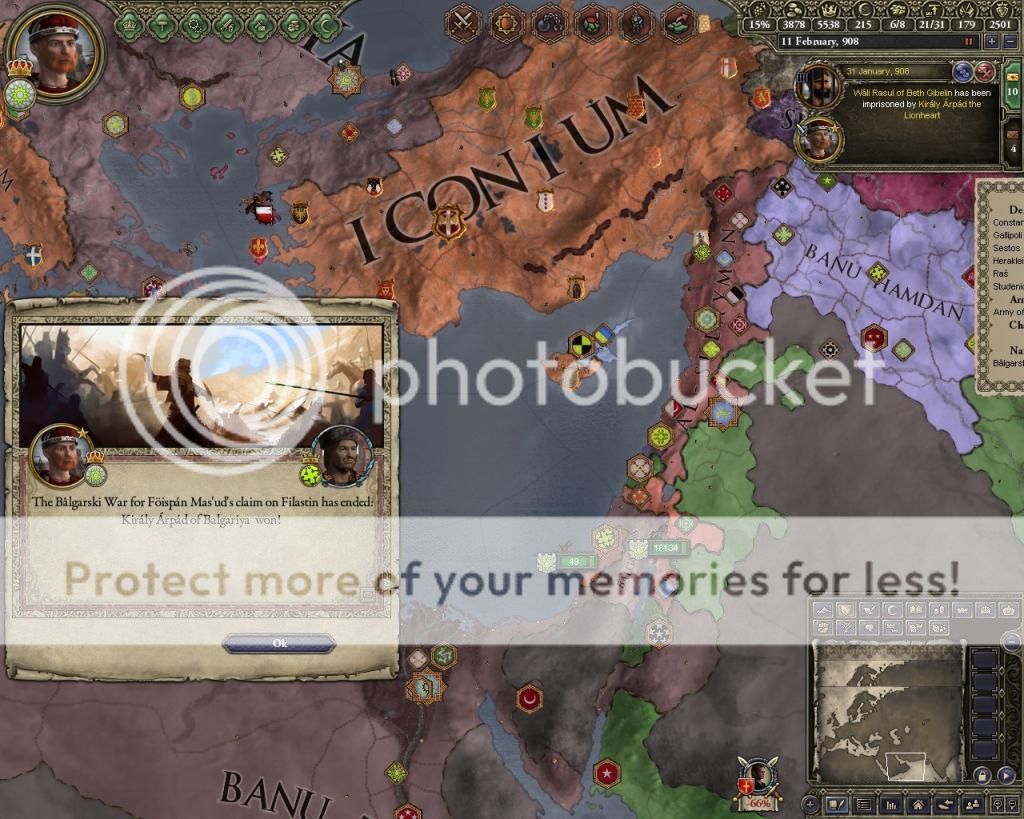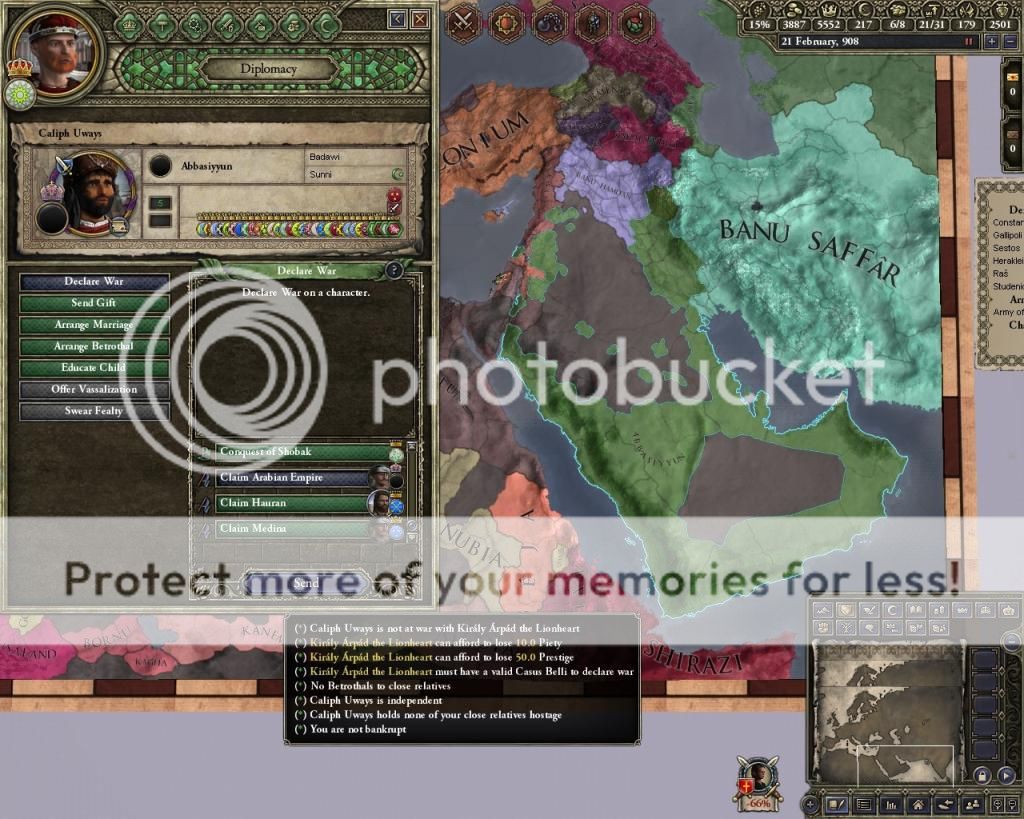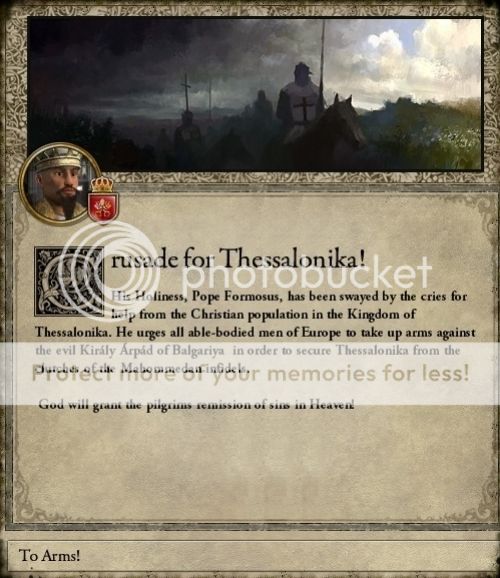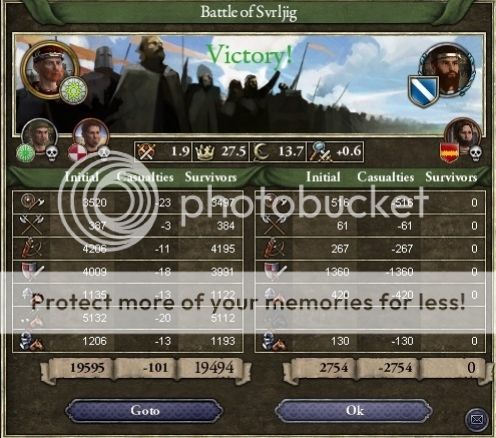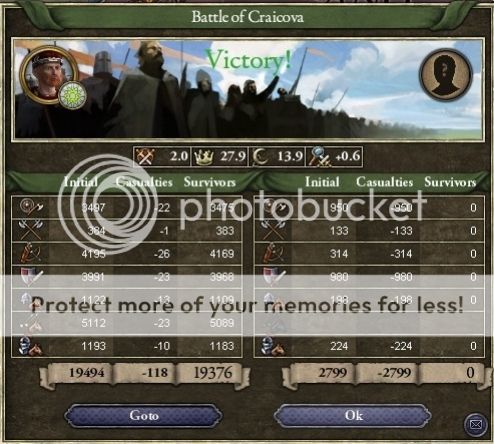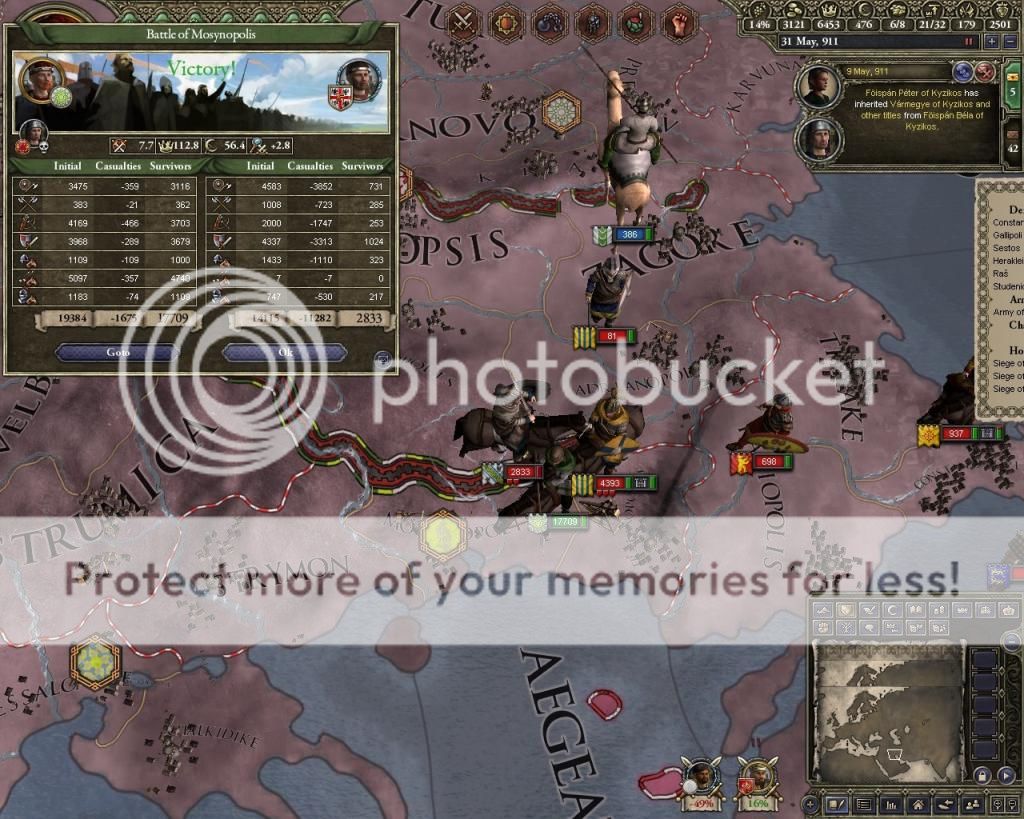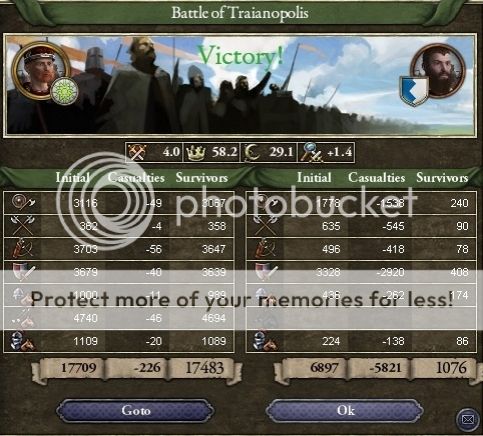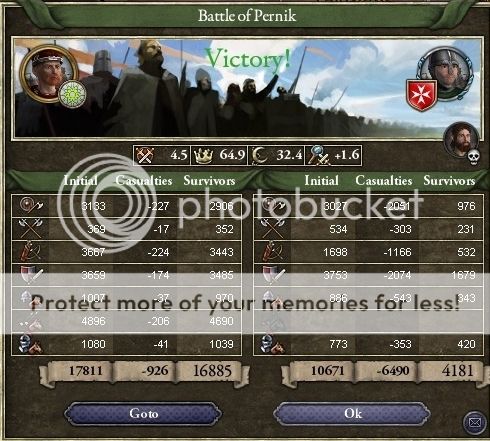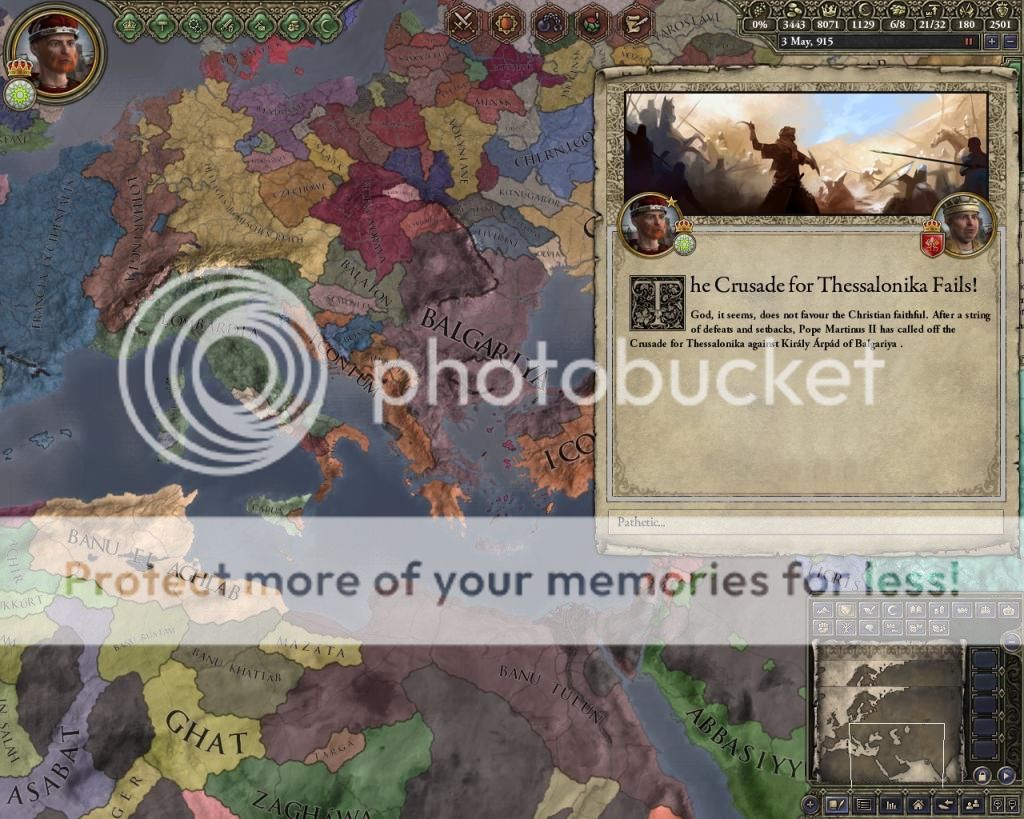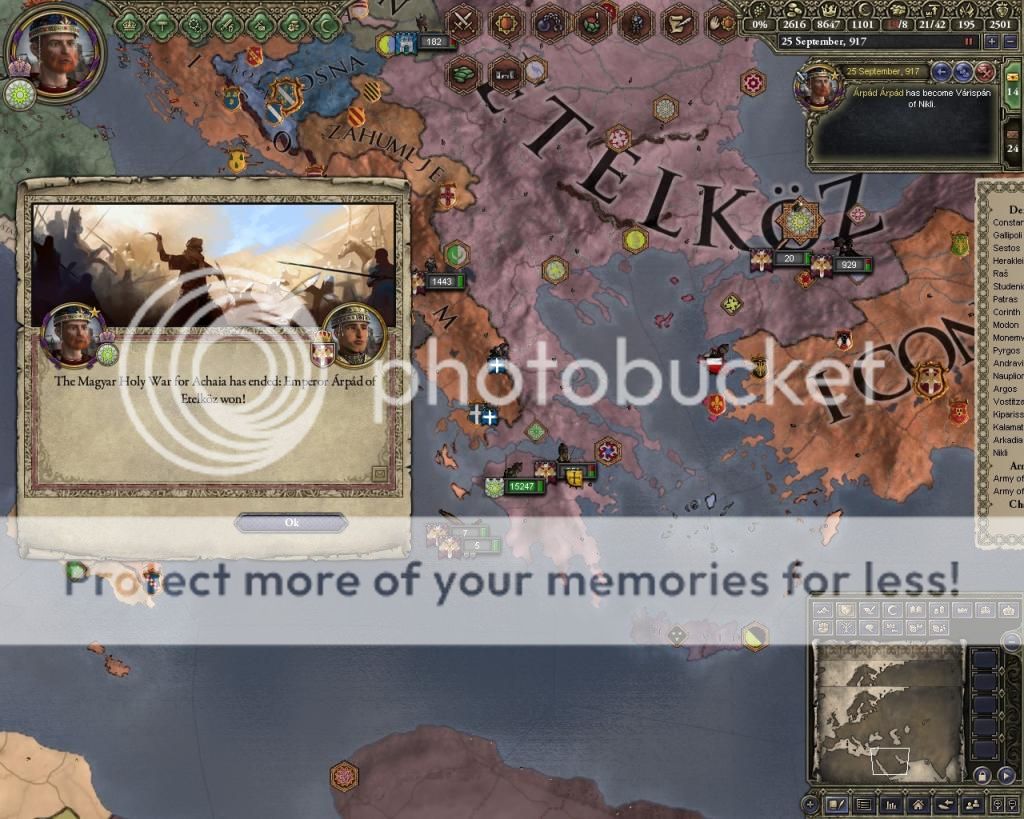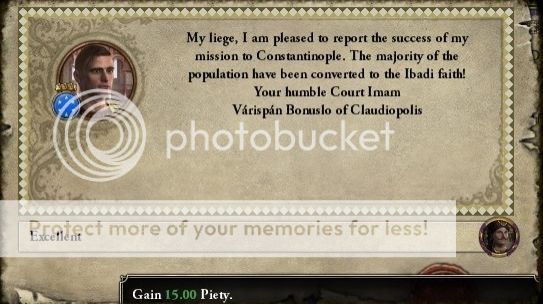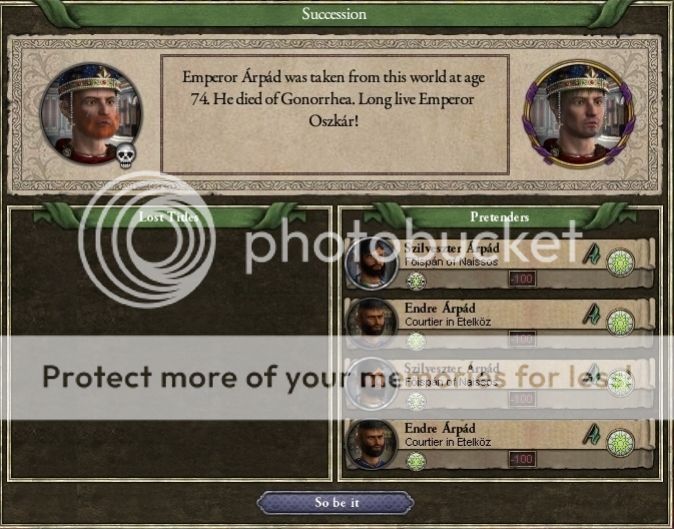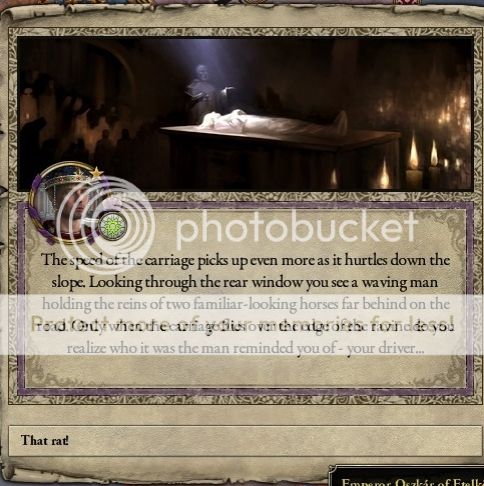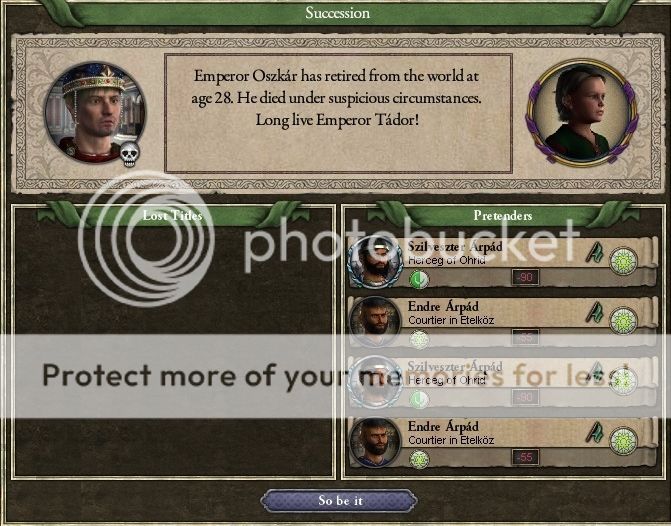Legacy of the Hun - HIP Old Gods AAR
-The infamous "Rape of Konstantinápoly". Király Álmos probably enacted this atrocity because he felt that "Romá's" capital had to be ravaged for his people to be secure. Actually annexing it was probably never his idea.-
Systematic study of the empire of "Etelköz", the Magyar (or "Hungarian", for those Occidentals who are interested in my history) name for the current Ummah, which started out originally as a state with a strong secular character, has long been impopular. While, certainly, the Magyar were the gatekeepers of Iszlám, and were certainly loyal to Allah, the fact remains that historians have always been a bit embarrassed by the indulgence of their emperors and thus never bothered to give a history as to regarding these leaders of the state. Rather, individual acts of prowess have been examined, and never the leadership in the capital that has so long been decisive to their conquests.
I plan to rectify this by submitting a popular history of each and every leader of the state that some hate for "polluting Iszlám with heathen words and heathen ways" and that others love for "saving Iszlám from the Christian infidel."
-The infamous "Rape of Konstantinápoly". Király Álmos probably enacted this atrocity because he felt that "Romá's" capital had to be ravaged for his people to be secure. Actually annexing it was probably never his idea.-
Systematic study of the empire of "Etelköz", the Magyar (or "Hungarian", for those Occidentals who are interested in my history) name for the current Ummah, which started out originally as a state with a strong secular character, has long been impopular. While, certainly, the Magyar were the gatekeepers of Iszlám, and were certainly loyal to Allah, the fact remains that historians have always been a bit embarrassed by the indulgence of their emperors and thus never bothered to give a history as to regarding these leaders of the state. Rather, individual acts of prowess have been examined, and never the leadership in the capital that has so long been decisive to their conquests.
I plan to rectify this by submitting a popular history of each and every leader of the state that some hate for "polluting Iszlám with heathen words and heathen ways" and that others love for "saving Iszlám from the Christian infidel."
P.S Just like any of my AARs, this will probably die at some point. Still, I hope I piqued the reader's interest! I can offer you HIP's beautiful maps and a work of alternate history...
P.S.S: In this story, Ibadism is made into a very seriously heretical form of Islam: this is purely fictional and does not represent any personal beliefs. Any lack of theological knowledge on my part will have to be excused
P.S.S: In this story, Ibadism is made into a very seriously heretical form of Islam: this is purely fictional and does not represent any personal beliefs. Any lack of theological knowledge on my part will have to be excused
Attachments
Last edited:




